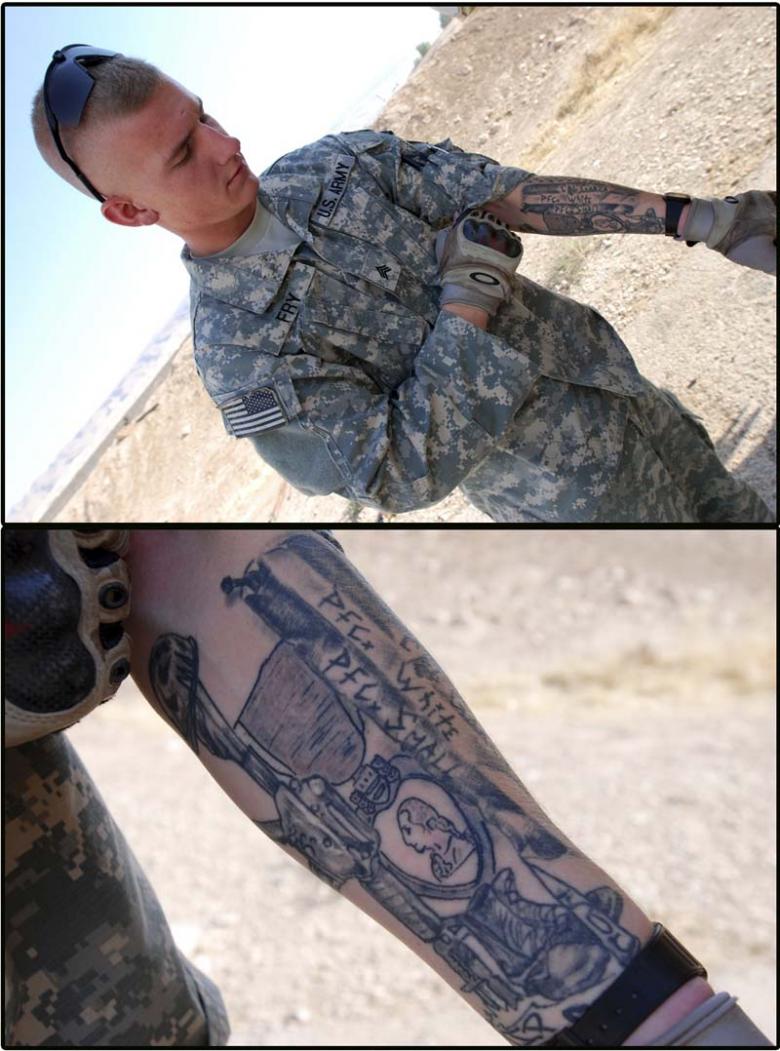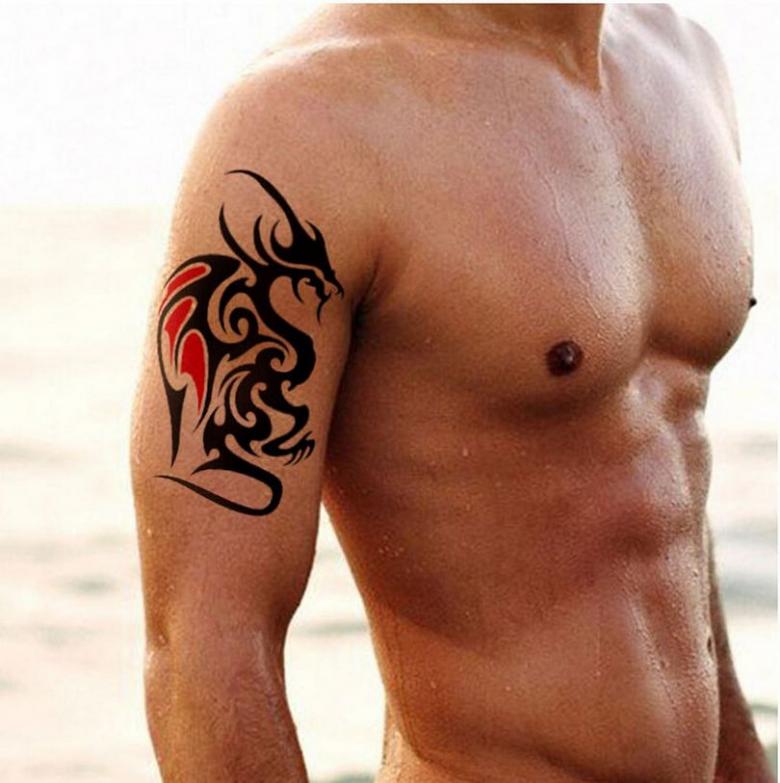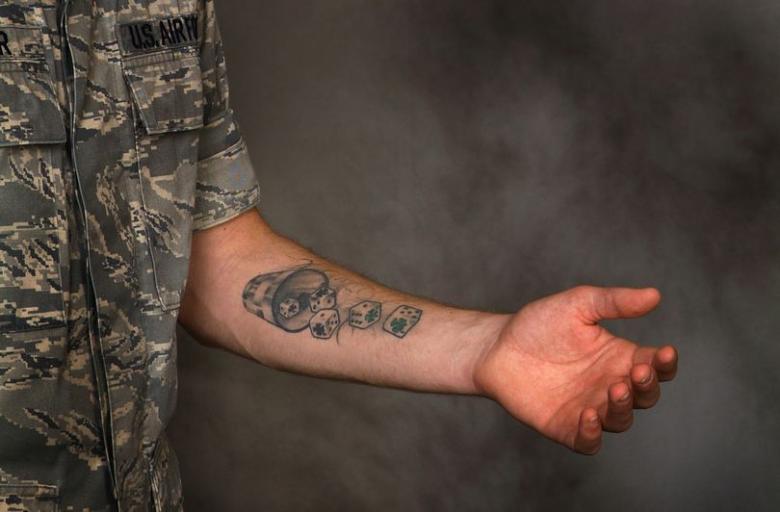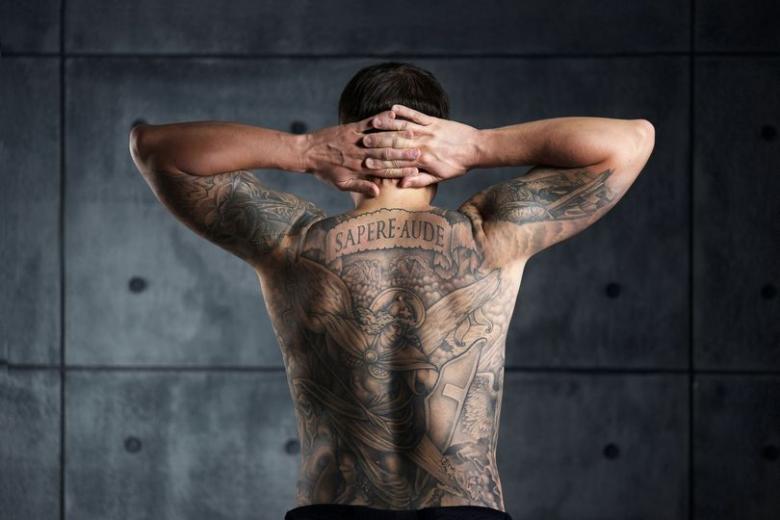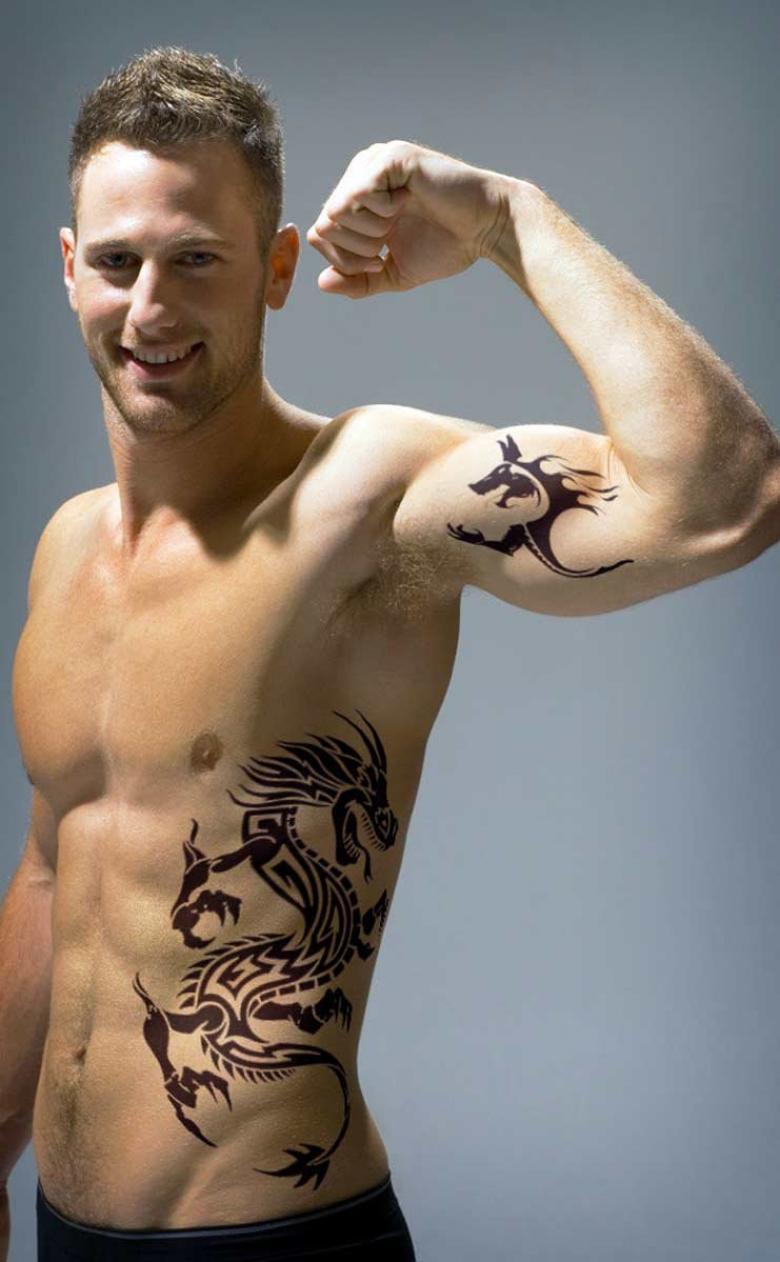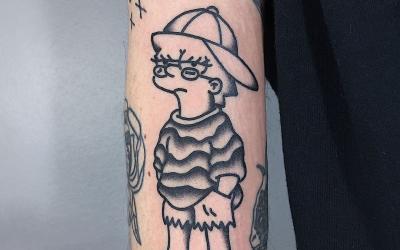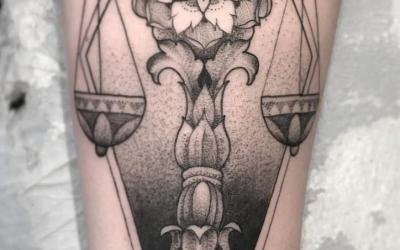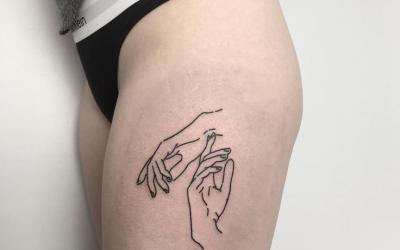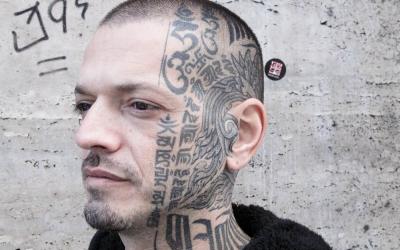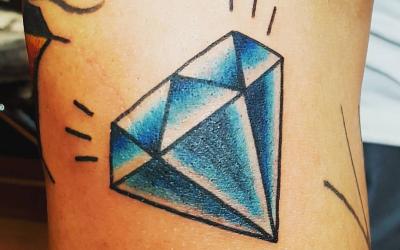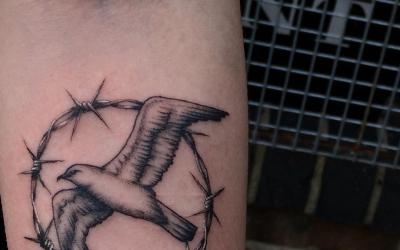Who gets into the army with a tattoo - what tattoos are "not allowed" into the army, the list of banned tattoos
In today's youth culture tattoo is considered a fashionable and cool "accessory". Many famous actors and musicians flaunt their painted bodies. Rappers are especially famous for it. Today, young people, imitating their idols, decorate themselves with tattoos.

Drawings are applied to different parts of the body - arms, legs, shoulders, face, even on the eyeballs. Some do hieroglyphs, inscriptions, small drawings, some do whole compositions. And there are those who have most of their body covered with tattoos.
Tattoos - a way to get out of the army?
What young people do to avoid serving in the ranks of the armed forces. Some declare their non-traditional sexual orientation, some go to alternative service. There are those who get tattoos, thinking that they will be exempt from service. Is this really the case? Let's look into it.

So, you can't say unequivocally that if you have a tattoo, you don't belong in the army. Having a tattoo in and of itself cannot be a reason for exemption from service. The size, meaning and the part of the body on which the picture is applied matter. For example, images of flowers, Celtic or neutral images have no effect on the draft board's decision. Especially if they were made on parts of the body that could easily be covered with clothing.

A psychiatrist decides whether a draftee with a tattoo is eligible. What kind of tattoo may alert the psychiatrist? In general, absolutely any kind. There are dozens of scientific papers proving a direct correlation between body painting and mental disorders. In practice, this is how doctors perceive images on the body.
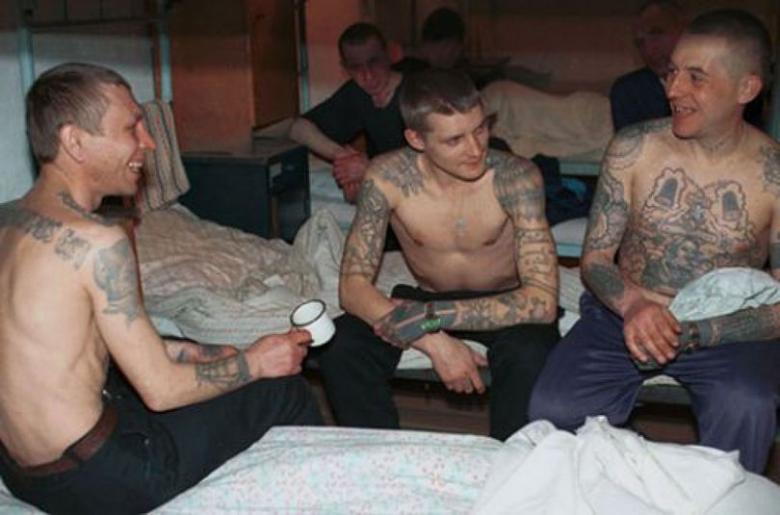
What kind of tattoos are "not allowed" into the army?
The reason for exemption from service may serve not only as a tattoo of large size. Even because of a small drawing, the conscript may be deemed unfit for military service. Here is a list of "forbidden" tattoos:
- Aggressive;
- Covering a large part of the body;
- On the face;
- On the eyeballs;
- Overly detailed;
- Obscene words or expressions;
- Occult symbolism;
- Depicting swastikas or other "suspicious" elements.

There is a perception that if a tattoo occupies more than 70% of the body, they will not be accepted into the army. This is not entirely true. If more than half of the body is "blocked", or if there are the listed signs of "forbidden" tattoos, the recruit will simply be referred to a psychiatrist. It is he who will decide whether the image on the body is an abnormality.

Here is a sample list of questions that will have to be answered:
- Why did you decide to get a tattoo;
- What event led to this decision;
- What was the reaction to the event, positive or negative;
- Why did you choose this design;
- Why did you choose to have the image on this part of your body?
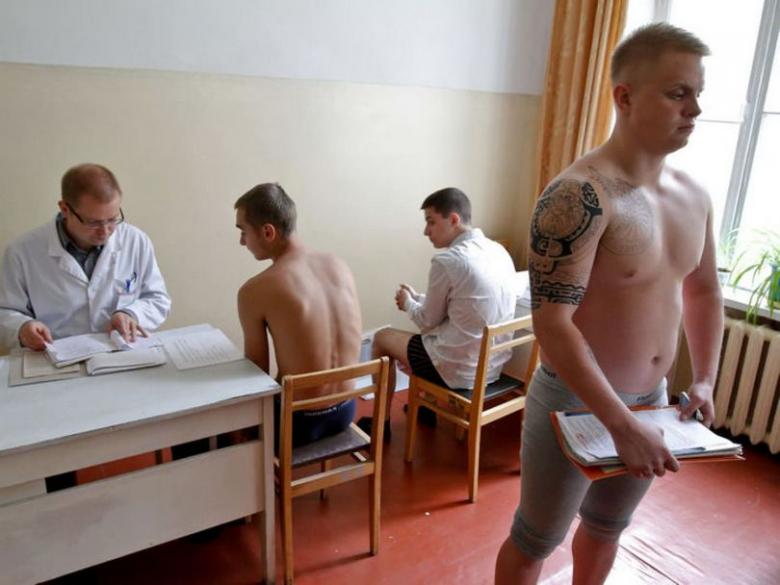
Exemption from service because of a tattoo
Based on the results of the tests and answers, a decision will be made about the mental health of the future soldier. If the doctor has any doubts, the conscript will be sent for examination to the psychoneurological dispensary (PND). Then, on the basis of the diagnosis made at the PND, the decision will be made according to which article of the 5th chapter of the Discharge Book the boy will be released from the service. If schizophrenia is diagnosed, then the exemption is under Article 15. Neurosis - article 17, personality disorder - article 18.
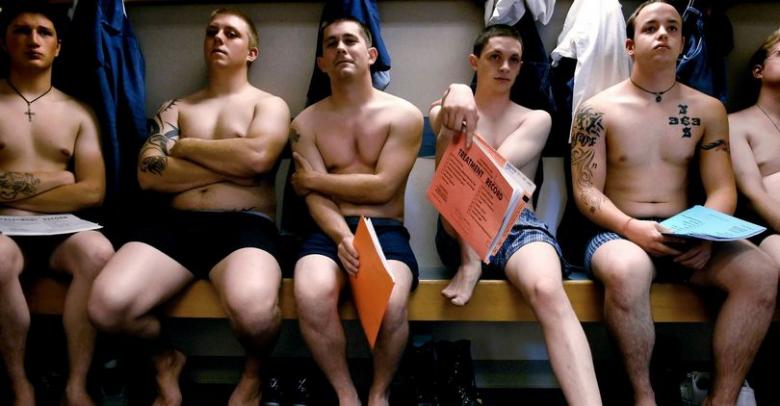
However, all of this is fraught with registration at the NICU for up to five years. And compulsory treatment and a note about the disease. And if you managed to deceive the doctor at the military enlistment office, but the examination did not confirm the disease, then it qualifies as evasion of military duty.
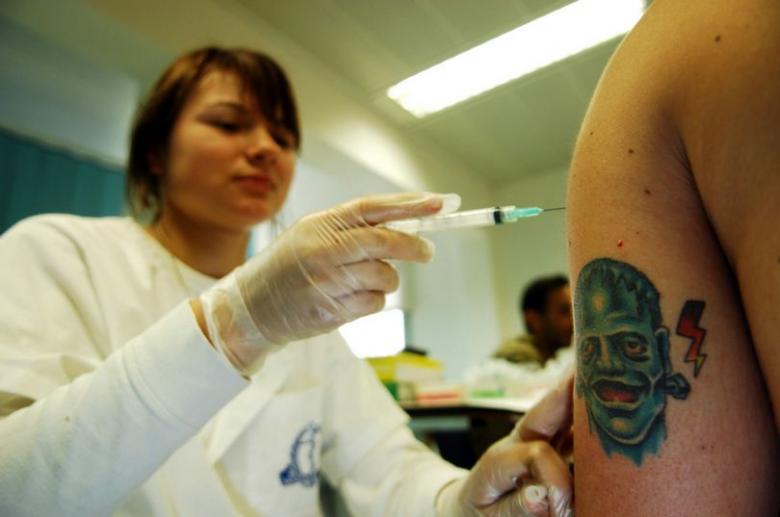
This is a criminal offense punishable by a large fine or imprisonment up to 2 years. I don't think anyone wants to ruin his life and biography. Maybe it is better to serve? Especially now that compulsory service lasts only 1 year?
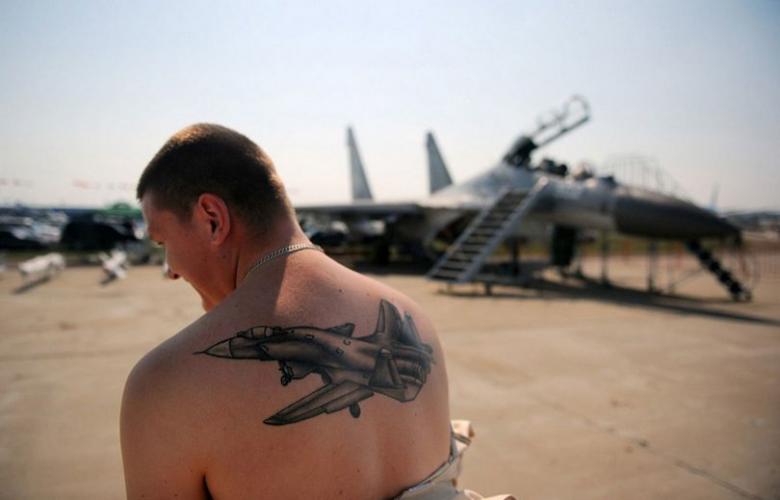
For example, many people who have tattoos on the face or eyes, are identified with one or another abnormality. However, even if a guy is found to be completely healthy, he is unlikely to be taken into the army with such a tattoo. Since a false diagnosis is unlikely to be made, they will not issue a military ID. But it is quite possible that they will appoint additional examinations and grant deferrals until the end of the draft age.
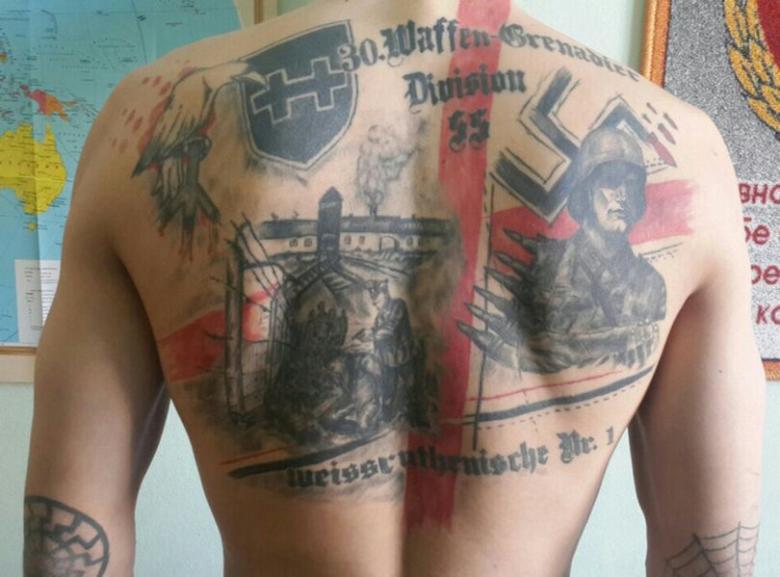
I think the answer to the question posed in the title is now quite clear. We can say unequivocally that having a tattoo as such is not an obstacle to military service. Simple neutral patterns and drawings, if they are on the parts of the body covered by clothing, are accepted quite calmly by the draft board. The main thing is that the tattoo does not indicate a mental deviation.

Exemption from the army "due to a mental article" may adversely affect later life, as in the presence of a psychoneurological diagnosis, a person is placed on the record in the appropriate institution. It is quite difficult, if not impossible, to get rid of such a fact in one's biography. If a person simply will not serve in the army, formally because of the presence of a tattoo, then in the future he will be closed the road to public service.










